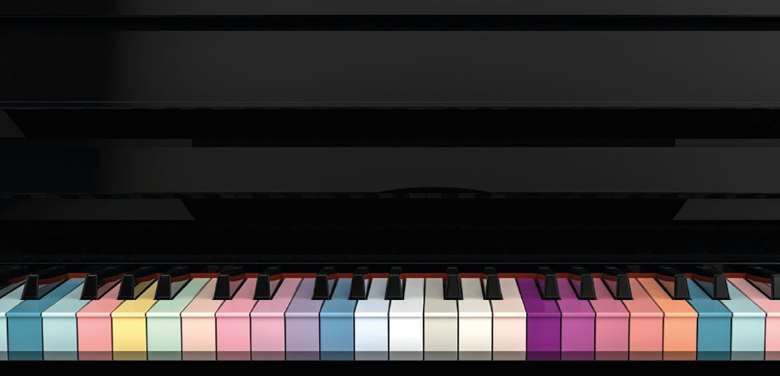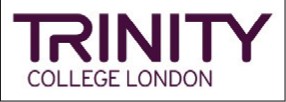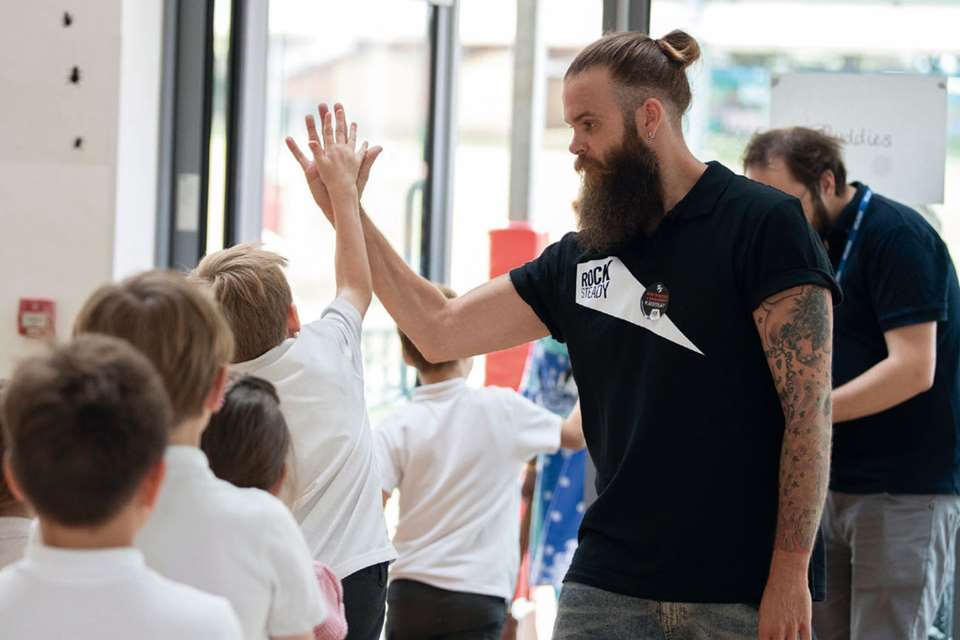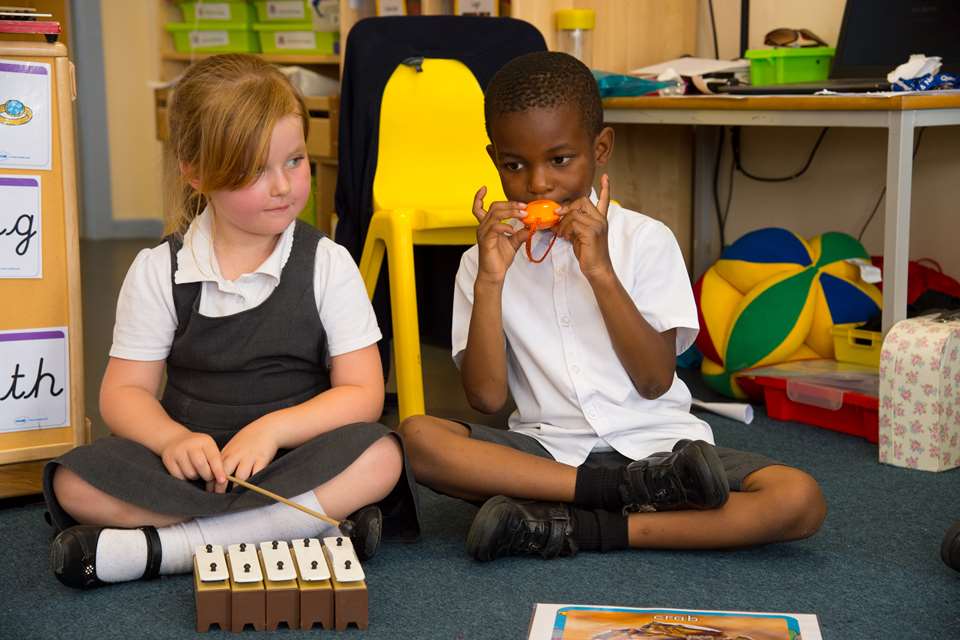Examining change: What is Trinity College London doing to decolonise?
Roger Wilson
Wednesday, June 1, 2022
In our third instalment of this series about what major UK exam boards are doing to decolonise, Roger Wilson from Black Lives in Music turns his attention to Trinity College London.

Tiero/AdobeStock
Trinity College London (TCL) is a London based examination board with a global footprint. It operates in over 70 countries, offering a wide range of exams alongside its graded and diploma music qualifications. As a musician, I've always thought of instrumental music examining boards operating exclusively in one specialism. However, like a number of organisations in the field, TCL has expanded to include a broader remit, including examinations in a number of performing arts specialisms as well as English language.
The organisation is nearly 150 years old and started as the external examining board for Trinity College of Music (now Trinity Laban Conservatoire of Music and Dance). It's undergone a few changes in its time; significant events including a merger with the Guildhall School of Music and Drama and changing its name in the process to Trinity Guildhall examinations board. It then became rebranded as Trinity College London, which is how we now know it.
Setting the tone
It's very easy to take an initial look at organisations like TCL and wonder if they are engaged with and understand the urgent need to change and decentre their product offer. For the future of instrumental music education, it's vital that these organisations are both relevant to and representative of modern times. My first pass at finding out more about this organisation was to check out the TCL website. It's likely that the same approach is taken by most people interested in finding out more about any organisation and, I think, should provide an important first impression.
As a Black person, what I see when I visit an organisation's website is important to me. It sets the tone, either reassuring any preconception I might have or enabling me to be heartened by images that suggest an inclusive organisation that is in touch with today. It's an important consideration and it takes time to get the balance just right. There's always more that can be done, and a lot of organisations prefer to show rather than tell. However, sharing of vision and ambition when it comes to diversity and inclusion isn't a bad thing. I wasn't sure that I got the full picture from visiting the TCL website and wanted to dig deeper, so I was pleased to be able to follow up with a conversation with someone within the organisation.
Reflective approach
I spoke with Francesca Christmas, director of music at TCL. I was heartened to find out more about an active programme of inclusive recruitment practice that the organisation is implementing to positively address areas, including flexible working. Equally, through development of technology and remote working, the organisation was better placed to diversify its staff, including its council: the organisation's governing body. This area of change making will always take time. It's work in progress, but it was good to get off to a positive start in our meeting.
TCL has adopted a reflective approach to inform how they improve and make progress in diversity and inclusion. Inclusive practice sessions on positive action and understanding bias have supported their efforts to better understand the way ahead, both collectively as an organisation and in terms of personal responsibility. The team is developing a roadmap to address the need to broaden participation. The idea is to build on existing foundations and provide access and support for a wider group of learners and teachers. This last point resonates with me as we know that children and young people are both keen and encouraged to learn about their heritage. My belief is that this should be made more accessible through traditional routes of academic and arts education.
There are plans to improve access to music through other TCL activities. The board already provides digital exams, which will help to broaden reach and provide flexibility for those who might find an exam centre visit impractical or even impossible. There is also constant work taking place to ensure that the user interface is practical, welcoming and relevant. This has to be an organic process as we become more open to awareness and acknowledge heritage and culture, globally.
Redefining the boundaries
We got onto the tricky area of repertoire. For a large portion of the existence of institutions such as TCL, the most obvious blind spot has been in the area of repertoire and ensuring its relevance to, and representation of, the wider community. It's encouraging to see that instrumental music examining boards are acknowledging the need to decentralise and are actively negotiating a path to address this aspect of their work. TCL's messaging throughout their syllabus information underlines that they are not about one-size-fits-all and are keen for candidates to have the maximum opportunity to express themselves – for instrumentalist composers, this is a joy!
The organisation aspires to redefine the boundaries of music within its offer and to design a pathway for the candidate that is more of a holistic musical journey than a singular event. I identify with this sentiment – for many candidates and their parent/guardians, there can be too much emphasis on the mark achieved. There are options on selected exams for candidates to choose their own piece alongside the prescribed syllabus repertoire. At diploma level, candidates can select a programme to perform of their own choice. This enables a candidate to have a real sense of ownership about the music they play and will no doubt better engage them.
TCL's exams span traditional Western classical music, jazz and also enter the world of rock and pop. The organisation knows and recognises that young people are making music in a variety of ways not yet covered by their exams, and are actively looking to address this. Embracing and understanding the wider musical picture is important. That picture can tell us so much more about the composer, as well as musical, cultural and historical references – this contextualisation will benefit the performer. This is a view clearly shared by TCL; its piano syllabus already includes performance notes to sit alongside syllabus repertoire. The team is actively listening to feedback and, as a result, already has plans to roll out performance notes more widely.
Consulting specialists
Rather than set quantitative targets, the board aims for a good balance across the new syllabus repertoire. To help achieve this, TCL regularly convenes a group of experts in their own specialisms who help to develop defined areas of focus. Specialist areas range from historical Black composers to engaging unpublished international composers. Alongside this, the board works with academics specialising in social justice and music education. Specialist consultants include Dr Uchenna Ngwe, Gary Spruce, Dr Adam Ockelford and Dr Anna Bull. They work on specific development projects which in turn are embedded as part of the wider work that TCL is committed to. It certainly appears to present a coherent strategy to address traditional blind spots that have existed on exam syllabuses and have excluded so many in the process.
TCL works hard to ensure the relevance and broader representation of new iterations of their syllabus offers. All new syllabuses include new commissions and promise to be representative while boasting quality content across a broad selection of musical styles and genres. The latest piano syllabus profiled unpublished international young composers and TCL launched a digital campaign to support the promotion of these creators. I can see the potential for activities like this to viscerally engage a young and diverse community.
Affordability and access
Fully understanding the intersection of race and socioeconomic background, I was keen to find out more about how young people can overcome the barriers to accessing TCL's products. The organisation is undertaking research to better understand barriers to access and inclusion. TCL is developing a strategy which will ultimately mean that graded exams will form just one strand of many in which candidates can be recognised for their musical achievement and progress. One existing strand is the Music Performance in Bands qualification, delivered by Rocksteady Music School, which utilises the expertise of the teacher in a process of continual in-activity assessment. This will mean potential upside in terms of affordability and access.
TCL also supports musicians with financial awards through their Music and Drama Access Fund, now in its third year. It took me a little while to find it on the website, but it is a genuine avenue for financial support. The application process was reasonably straight forward but I'm keen to see accessing financial support made really easy. To this effect, a video element to the application would be mutually beneficial.
It was fascinating to find out more about TCL music examinations and its decentralising work. So much of the work that needs to be done is in the preparation and is not easily visible to the public. For me, this has been an enlightening exercise. I'm heartened by the conversation I had with Christmas, but also by the clear and coherent strategy for change that is in place. Discussion, strategy, and action all lead to the positive outcomes for change that we all wish to see. I'll continue to focus my gaze on TCL and look forward to seeing its work develop in this respect.







